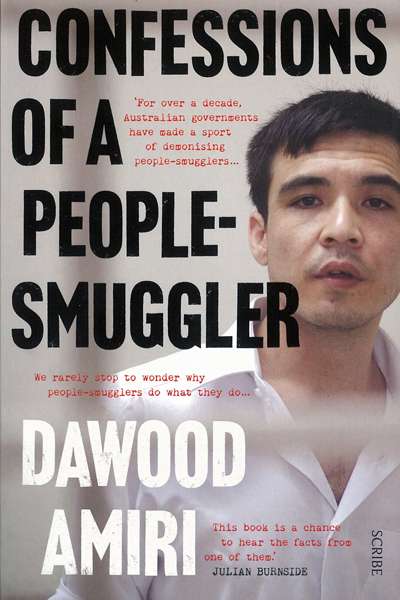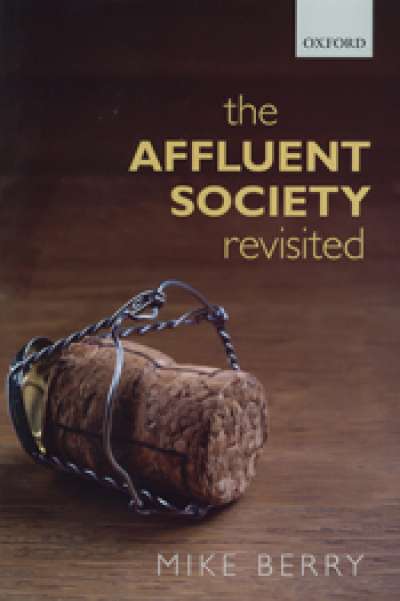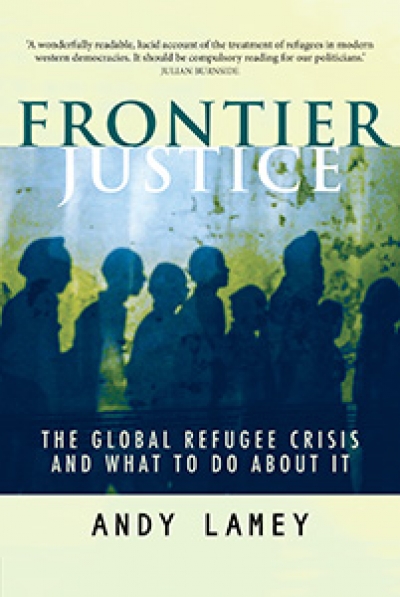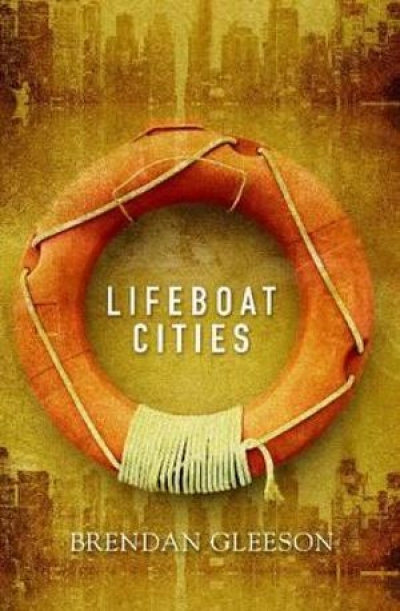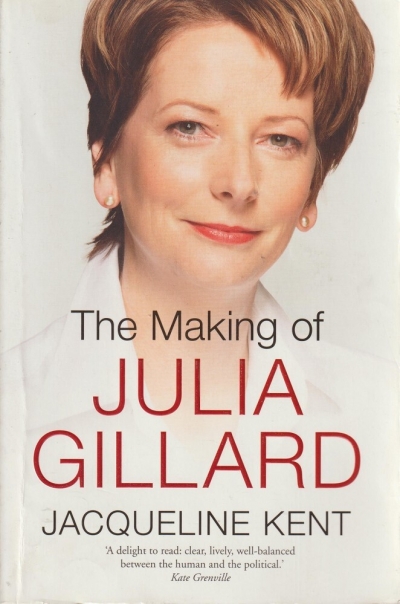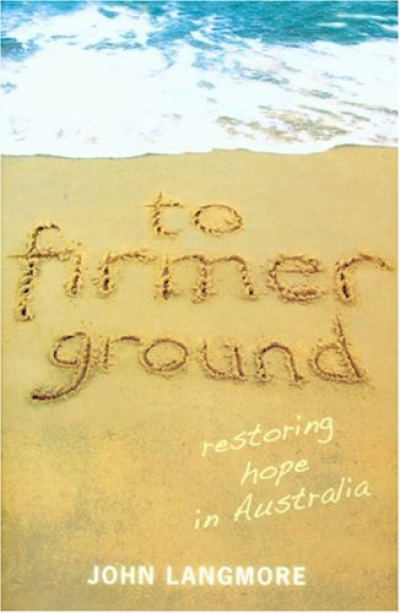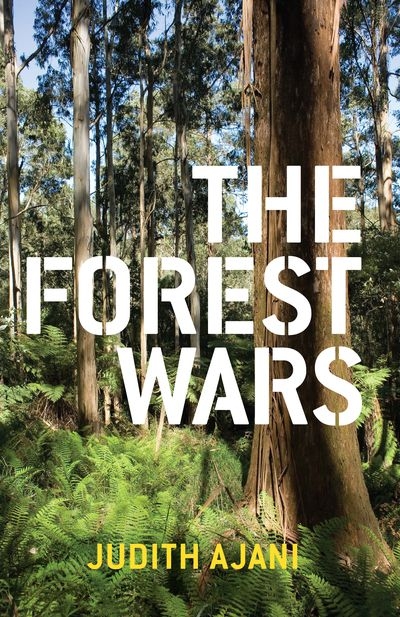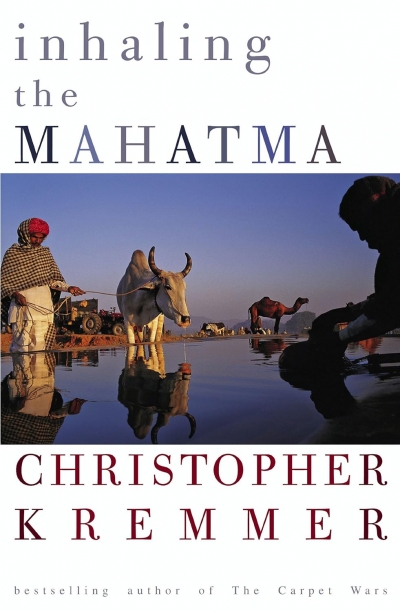Peter Mares
Confessions of a People-Smuggler by Dawood Amiri & The Undesirables by Mark Isaacs
by Peter Mares •
Frontier Justice by Andy Lamey & Contesting Citizenship by Anne McNevin
by Peter Mares •
Into the Woods: The Battle for Tasmania’s Forests by Anna Krien
by Peter Mares •
The Wheeler Centre recently hosted ‘four provocative nights’ based on the assertion that Australian criticism of film, theatre, books and the visual arts is, in its own words, ‘failing us all’. The series was entitled ‘Critical Failure’. For ABR readers unable to attend, here is one person’s account of the books-related panel.
... (read more)Lifeboat Cities by Brendan Gleeson & Transport for Suburbia: by Paul Mees
by Peter Mares •

